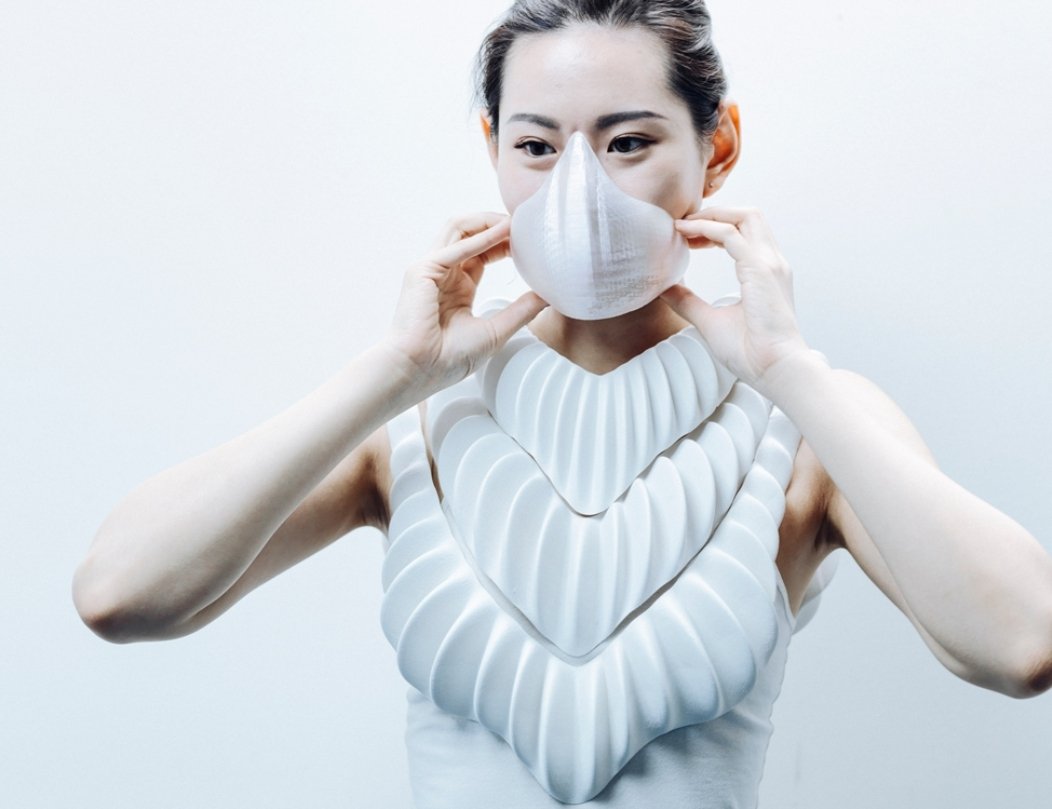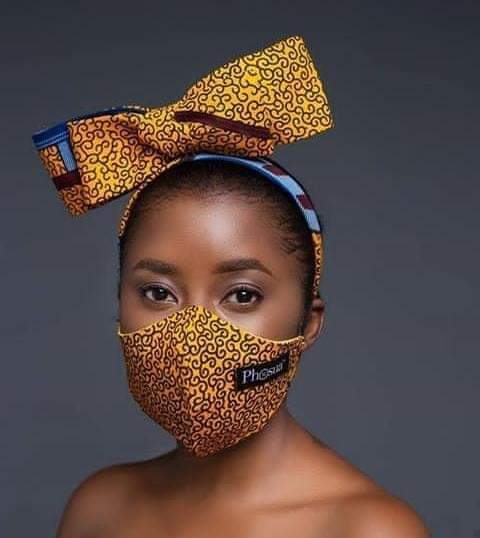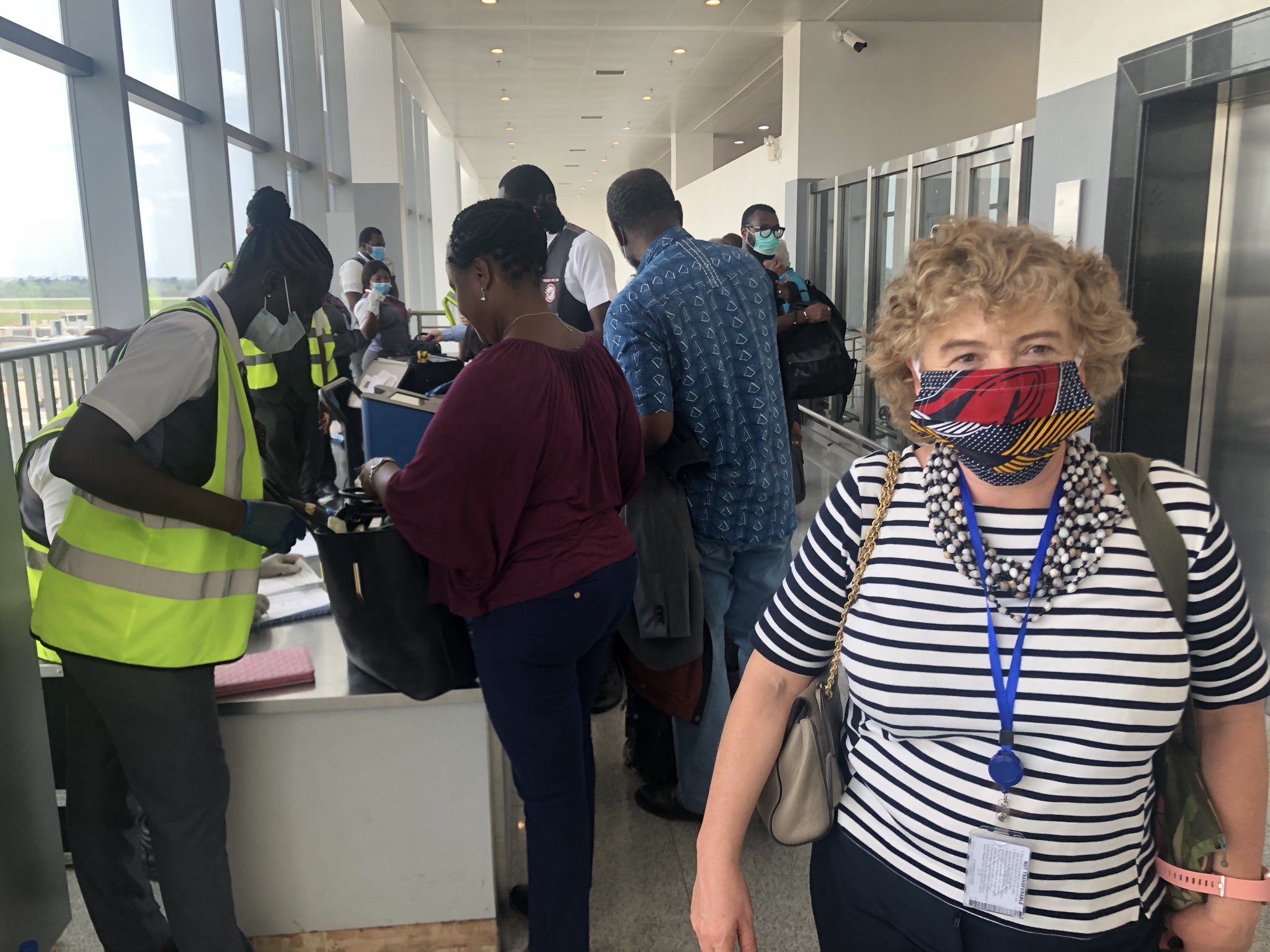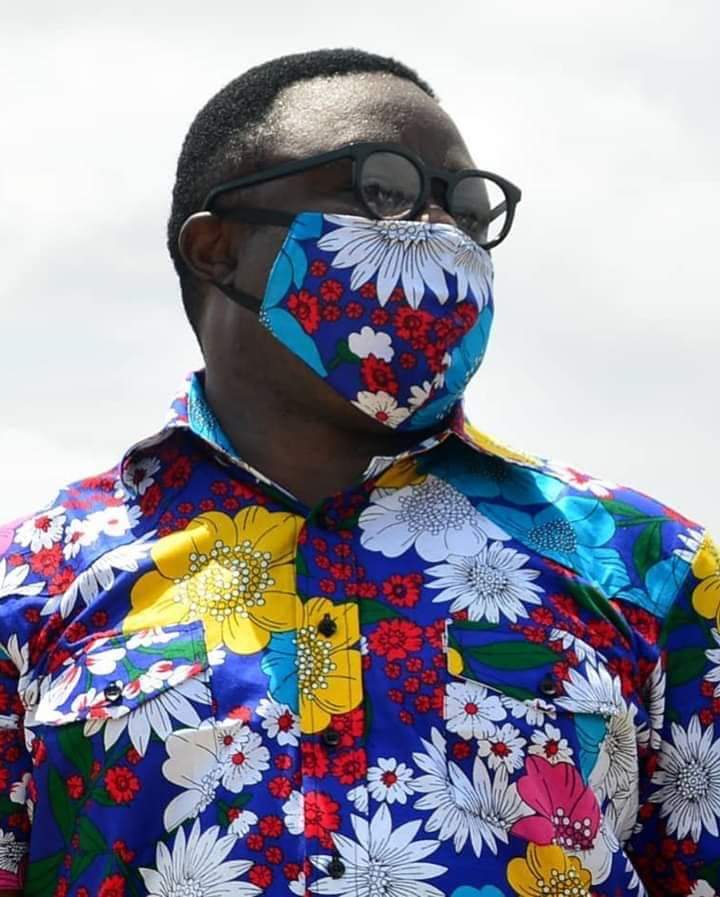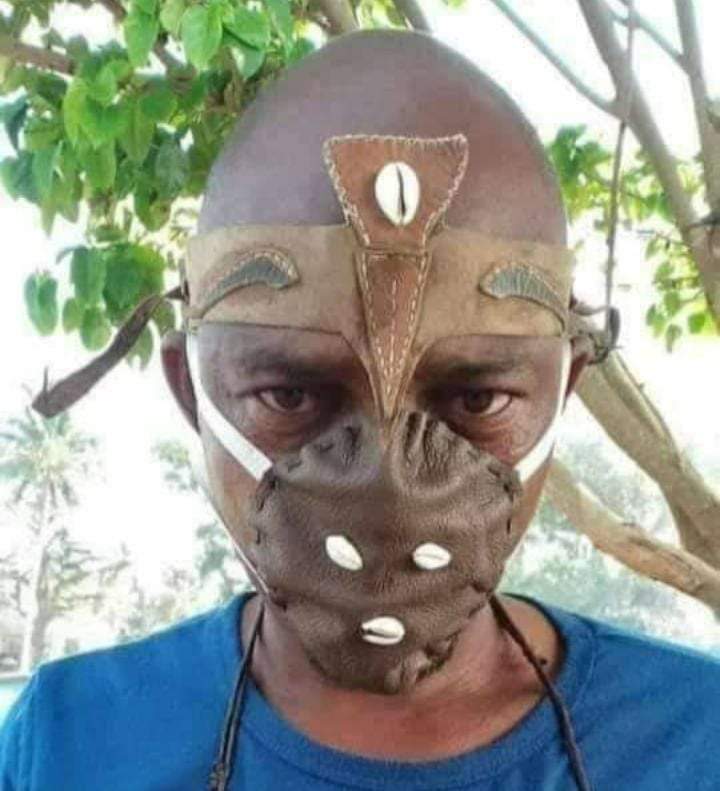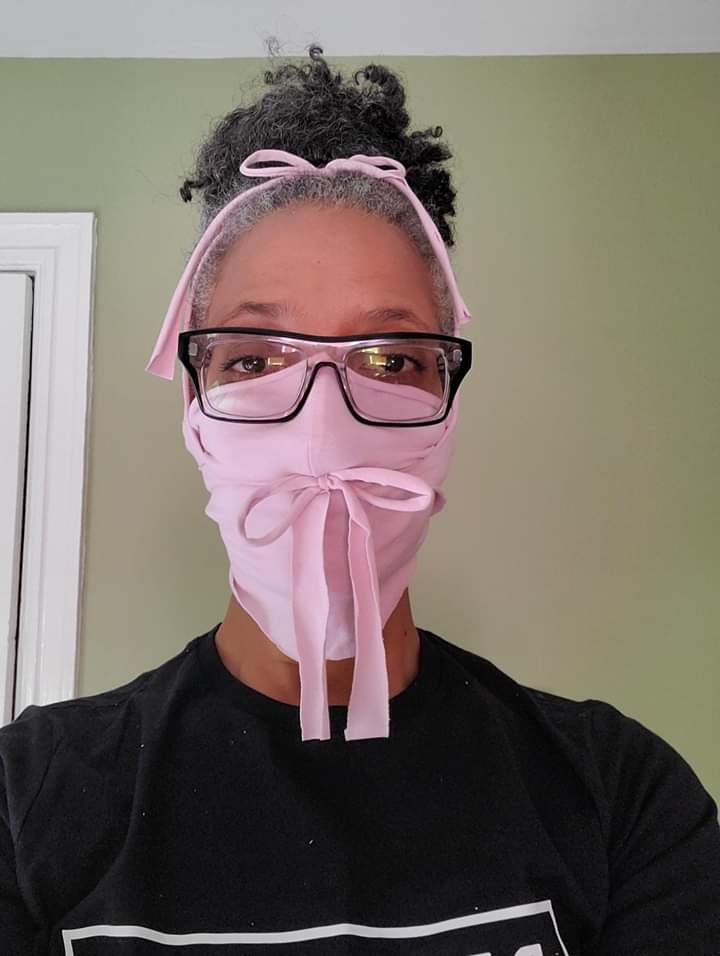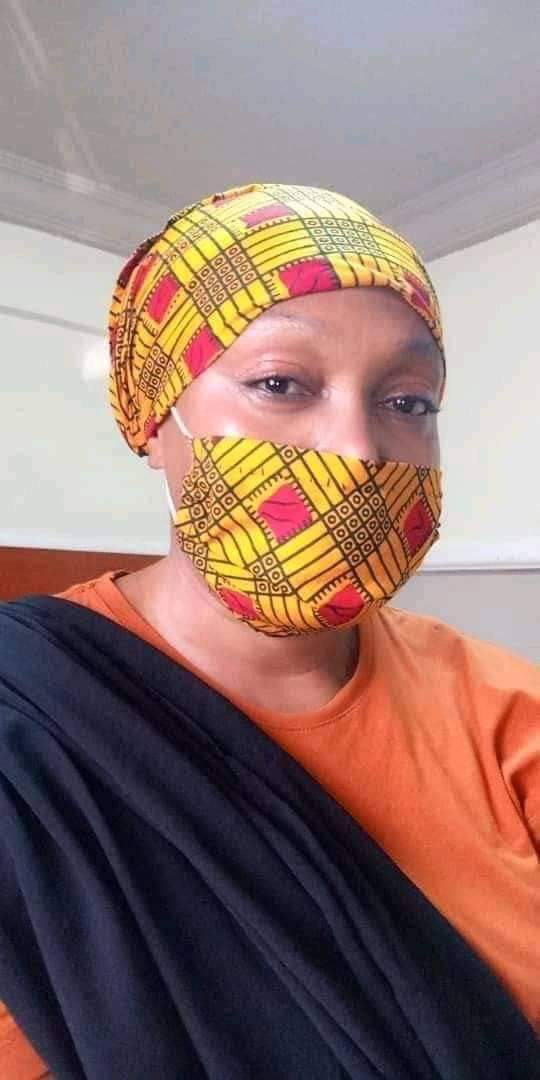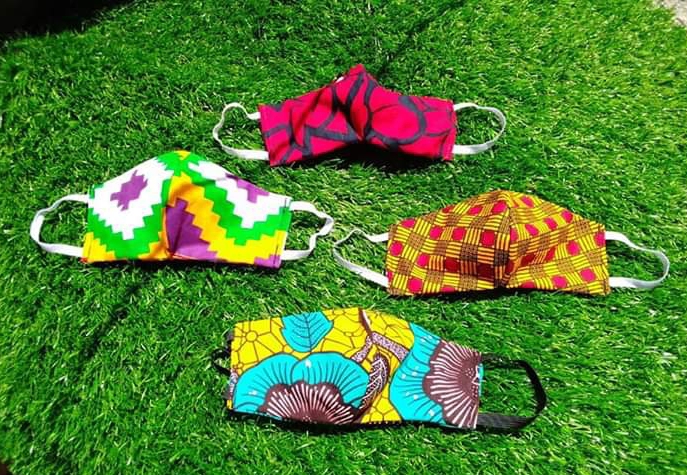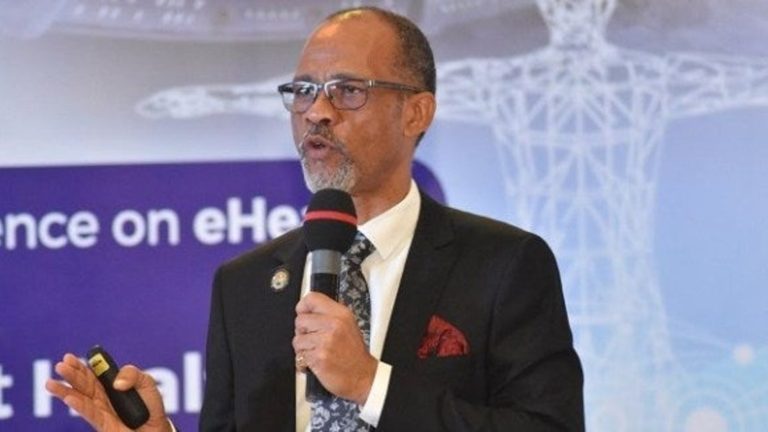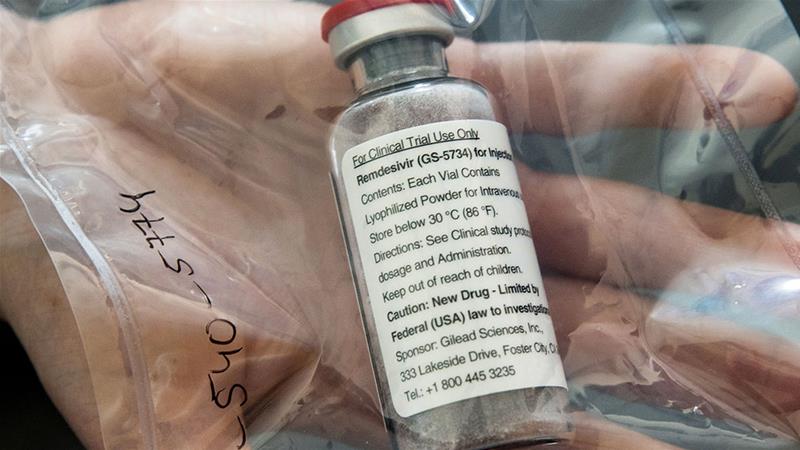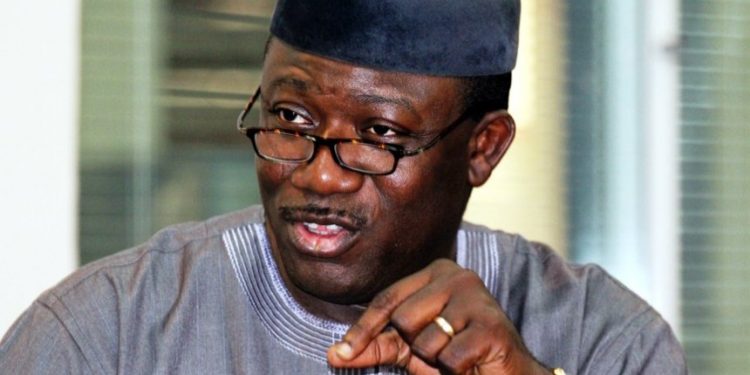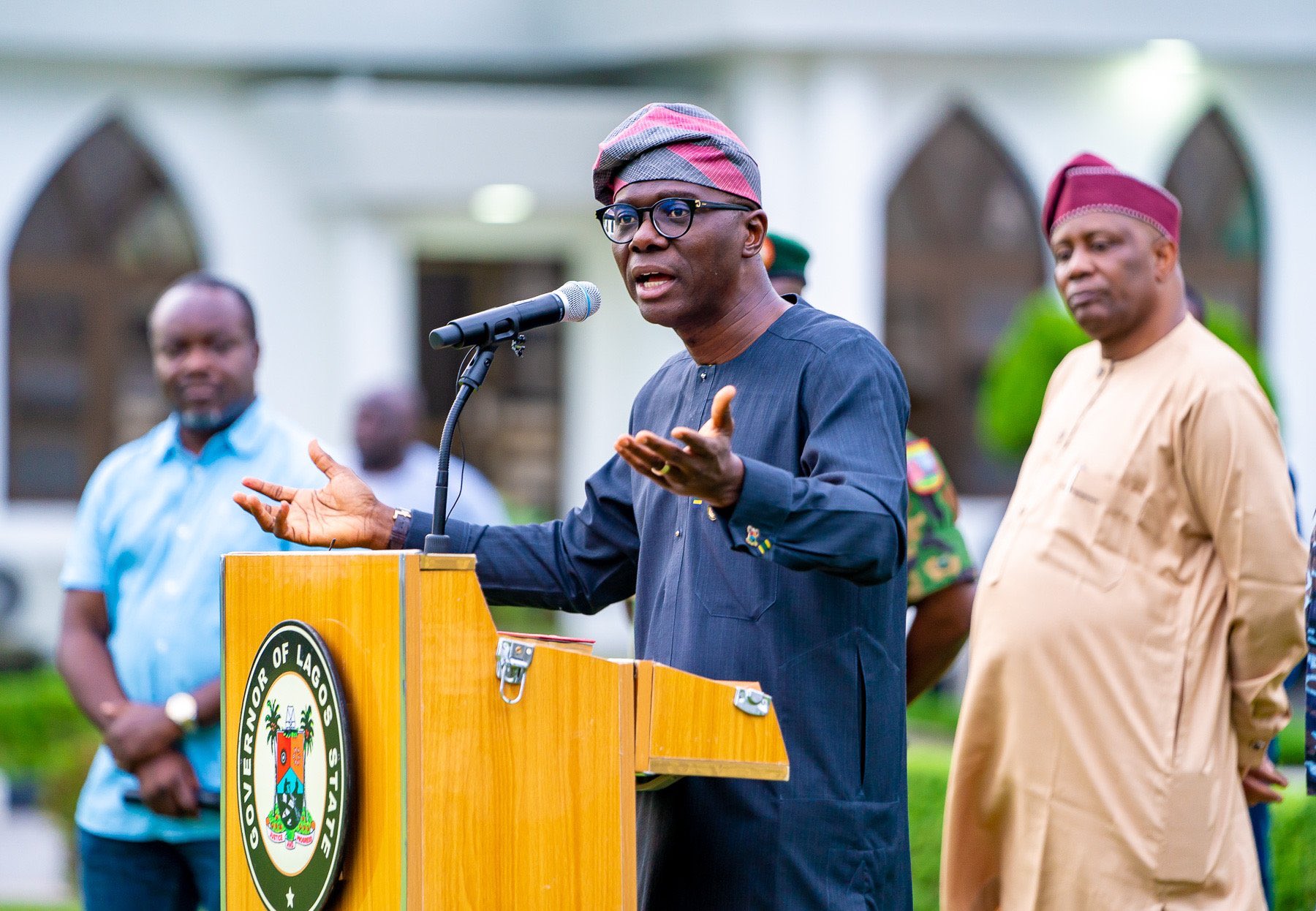The Lagos State Government says schools and religious centres will remain closed as it begins a ”Controlled Easing Phase” of COVID-19 lockdown on May 4.
Gov. Babajide Sanwo-Olu said this on Wednesday at the Lagos House, Marina, while addressing newsmen on the update of the management of COVID-19 in the state.
Sanwo-Olu said that all open markets and stores would be allowed to open daily from 9a.m. till 3p.m. on selected days.
He said that everyone attending these markets and stores would be mandated to observe precautionary measures of social distancing and very high level of personal and hand hygiene.
According to him, malls will be allowed to open with the proviso that stores in the malls maintain a 60 per cent occupancy capacity within the stores; while also ensuring that a 2-meter social distancing is maintained between every person and the next in the store.
He added that hand sanitisers and/or wash basins must be provided at all entry points, and temperature checks must be carried out.
The governor said that eateries and restaurants would be allowed to open daily between 9a.m. and 3p.m., but only take-out and delivery services would be permitted, as in-dining services were not allowed.
He said that all food handlers and staff of eateries were expected to have gone through exhaustive health checks and must also practise high levels of personal and hand hygiene in serving members of the public.
Sanwo-Olu said that food handlers were also mandated to wear masks and hand gloves at all times; particularly during the preparation and serving of the food.
He said that hand sanitisers and/or wash basins must be provided at all entry points, and temperature checks must be carried out periodically throughout the period they were open for business.
According to him, all medical establishments will continue to open, and maintain a high index of suspicion for COVID-19 and all suspected cases of COVID-19 must be immediately reported to the State Helpline: 08000-267662.
”All schools and institutions at primary, secondary and tertiary levels remain physically closed. Students are expected to continue learning on the alternative online and media channels announced by the various institutions of learning.
”All places of worship (both formal and informal) are to remain closed from any form of congregational services or assemblage, until further notice.
”Our Muslim brothers and sisters taking part in the Ramadan fast must observe all meals and prayers within their homes.
”In line with the pronouncement of the Nigerian Supreme Council for Islamic Affairs (NSCIA), no gatherings are allowed for Iftar, Suhur, and Tarawih; and the conduct of Tafsir is also suspended.
”Since the process of ablution involves touching the face, it is essential to ensure that the hands are clean. Ablution should, therefore, be preceded by the washing of hands with soap,” he said.
Sanwo-Olu added that the capacity of public transportation system to reduce the risk of contagion would also be strengthened by a number of proactive measures to be taken.
He said that all commuters were mandated to wear face masks at all times, sanitise with alcohol-based sanitiser or wash their hands with soap and running water before and after every trip.
According to him, all transport operators/companies are expected to sanitise their vehicles, parks and garages regularly and continuously at least before and after every trip.
He added that they were expected to have at the entrance of the respective parks hand washing equipment with running water; and deploy temperature readers to test every passenger before boarding.
”All operators are expected to have alcohol-based sanitisers in their vehicles for drivers, conductors and passengers.
”All motor parks and garages must avoid overcrowding. Social distancing is required for passengers queuing up to board buses.
”All buses should be loaded to a maximum of 60 per cent of full capacity. This means that if a bus normally takes 10 people at full capacity, during this period, no more than 6 persons can be allowed to board at any point in time.
”No standing allowed in all BRT and LBSL bus operations. All air- conditioning systems in public transport systems must be switched off.
”All Operators, i.e. drivers and conductors, are mandated to always wear face masks and hand gloves while in transit and dispose of same appropriately.
”All of these guidelines as outlined – face masks, regular disinfection, hand-washing equipment, temperature checks, and 60 per cent maximum capacity – shall equally apply to Water Transport Operations.
”In addition, from May 4, 2020, Water Transport Operations will be restricted to the period between 6a.m. and 6p.m. daily, until further notice,” he said.
Sanwo-Olu said that commercial motoyrcycles, popularly known as Okadas, were to suspend their operations statewide, except for those motorcycles used for courier and logistics purposes.
He said that tricycles (Kekes) operating in unrestricted areas, must not carry more than two passengers per trip and must ensure appropriate social distancing was maintained between passengers.
The governor said that all activities within the entertainment industry, including beer parlours, hotels, casino, among others, would also remain closed until further notice.
He said that swimming pools, gyms, barber shops, spas, beauty salons, and all public parks, including those in private and residential estates, would continue to remain closed for another two weeks in the instance.
According to him, the government will review and advise on the permissible opening date for these establishments.
He called on residents associations to enjoin their members, as well as operators of businesses within their association to adhere to these directives.


